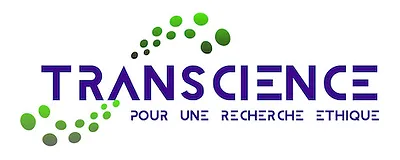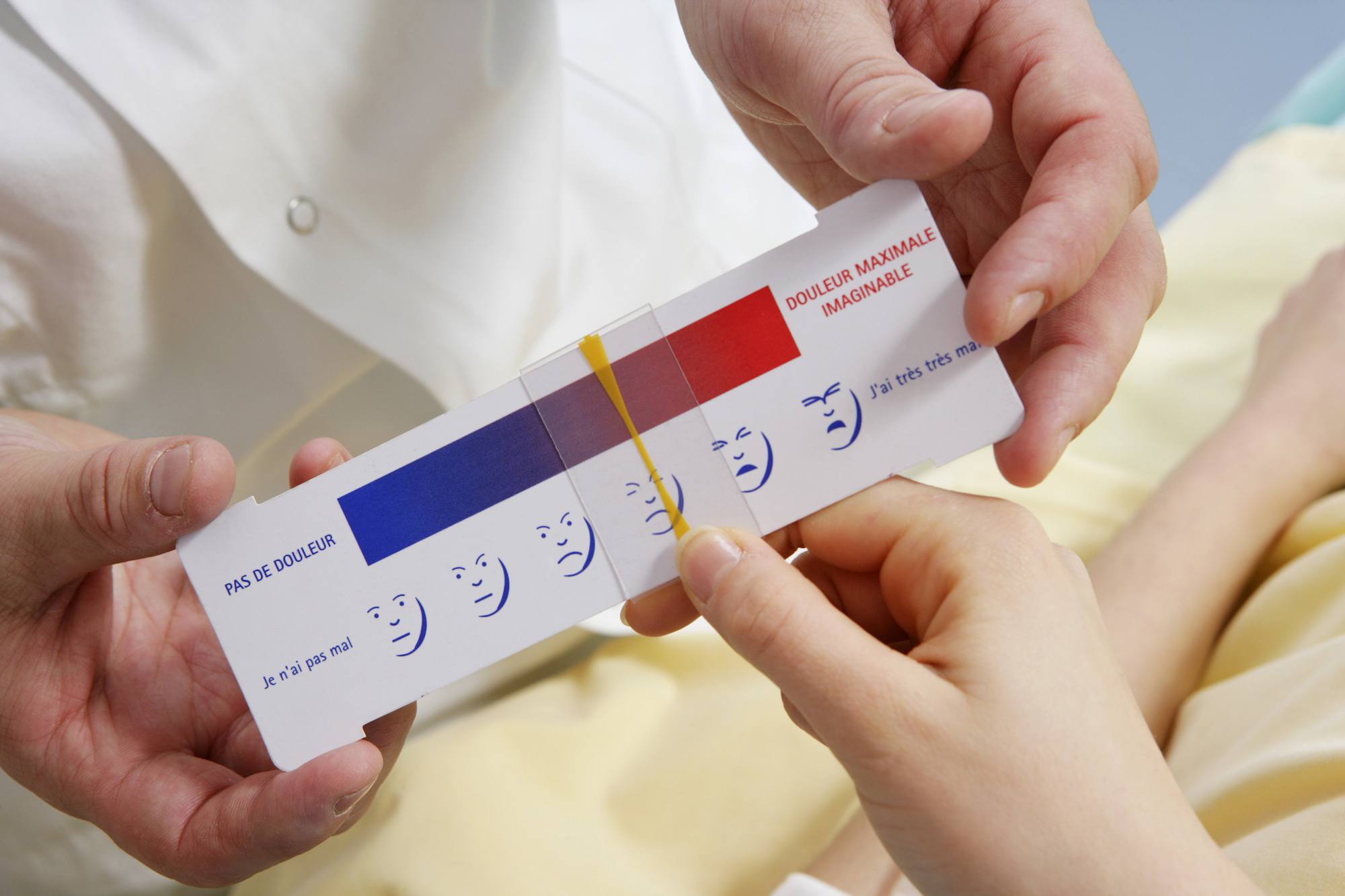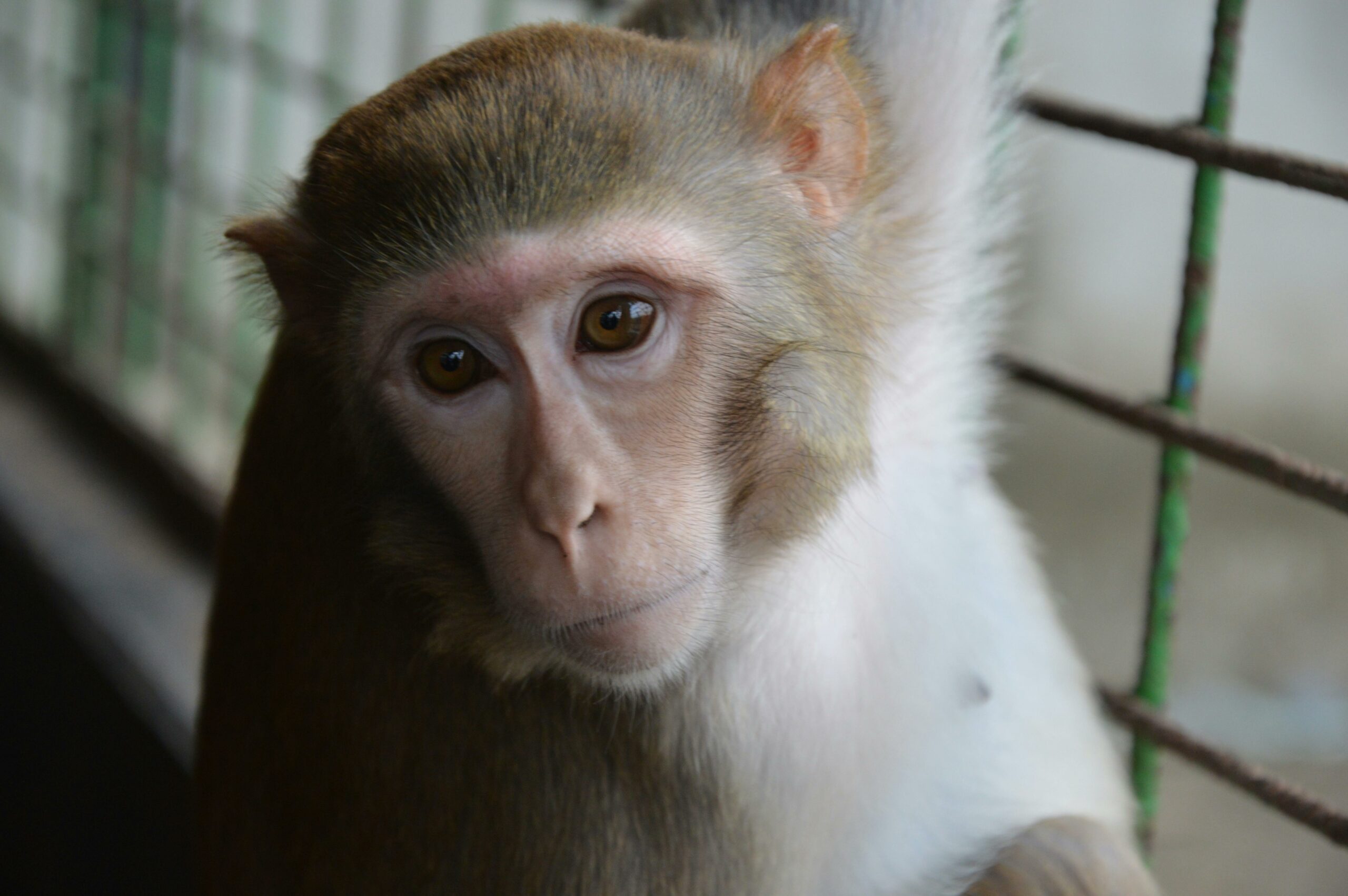When applying for authorization for a project using live animals, project designers must indicate the degree of severity (mild, moderate, severe or non-recovery). The severe class corresponds to projects that include procedures causing significant damage, pain and/or suffering to the animals. It turns out that France has a much higher rate of severe procedures than the average for other European Union countries: in 2022, the rate will reach 11.5% compared with 7.6% for the other EU+Norway countries (excluding France), all types of use taken together (research, regulatory testing, teaching and training, maintenance of genetically modified lines). This has been the case for many years.
What factors might explain this discrepancy, and what can be done to reduce it through better assessment and management of the damage suffered by animals?
The Orientation and Reflection Council1 of FC3R decided – at the request of members of associations representing the interests of animals – to set up a working group (WG) devoted more specifically to the question of the severity of procedures. Three other working groups were also set up on the following subjects: 3Rs in education and training; References and guidelines: circulation and accessibility of 3Rs information; Indicators of evaluation and success of the 3Rs policy.
This working group – coordinated by Dr Roland Cash, Vice President of Transcience – met once a month between September 2023 and November 2024, and held 6 hearings.
What analysis did the WG make of the situation, and what initial recommendations did it make? The proceedings were presented by Roland Cash at the French French 3R Days organized by the FC3R (1st edition), which took place on November 21 and 22, 2024 at the Ecole Vétérinaire de Maisons-Alfort (ENVA).
The presentation video is available on this page.
The WG’s priority recommendations are :
- Implement/reinforce and generalize training courses on data collection, evaluation of severity, definition and application of limit points.
- Request that retrospective assessments (mandatory in the case of severe procedures) be uploaded and integrated into public databases (as provided for in the ALURES format). This recommendation is similar to that of the Comité national de réflexion éthique sur l’expérimentation animale (CNREEA – national committee for ethical reflection on animal experimentation)
- Pursue efforts to halt projects to produce antibodies using the ascites method; set a fairly short-term deadline for this (perhaps 2027), in consultation with the manufacturers involved, while supporting the production and distribution of recombinant antibodies.
The results of this work should be forwarded to the FC3R steering committee, so that it can be communicated to the Ministry of Higher Education and Research, which is the only body empowered to take the appropriate decisions.
At the same time, more in-depth investigations are planned with research players and other stakeholders in France and other EU member states.
- The COR is a consultative body which, within the FC3R, promotes multidisciplinary reflection (science, law, philosophy and ethics, social psychology) on the application of the 3R principle (Replacement, Reduction, Refinement) and, more generally, on any question relating to the use of animals for scientific purposes. ↩︎




